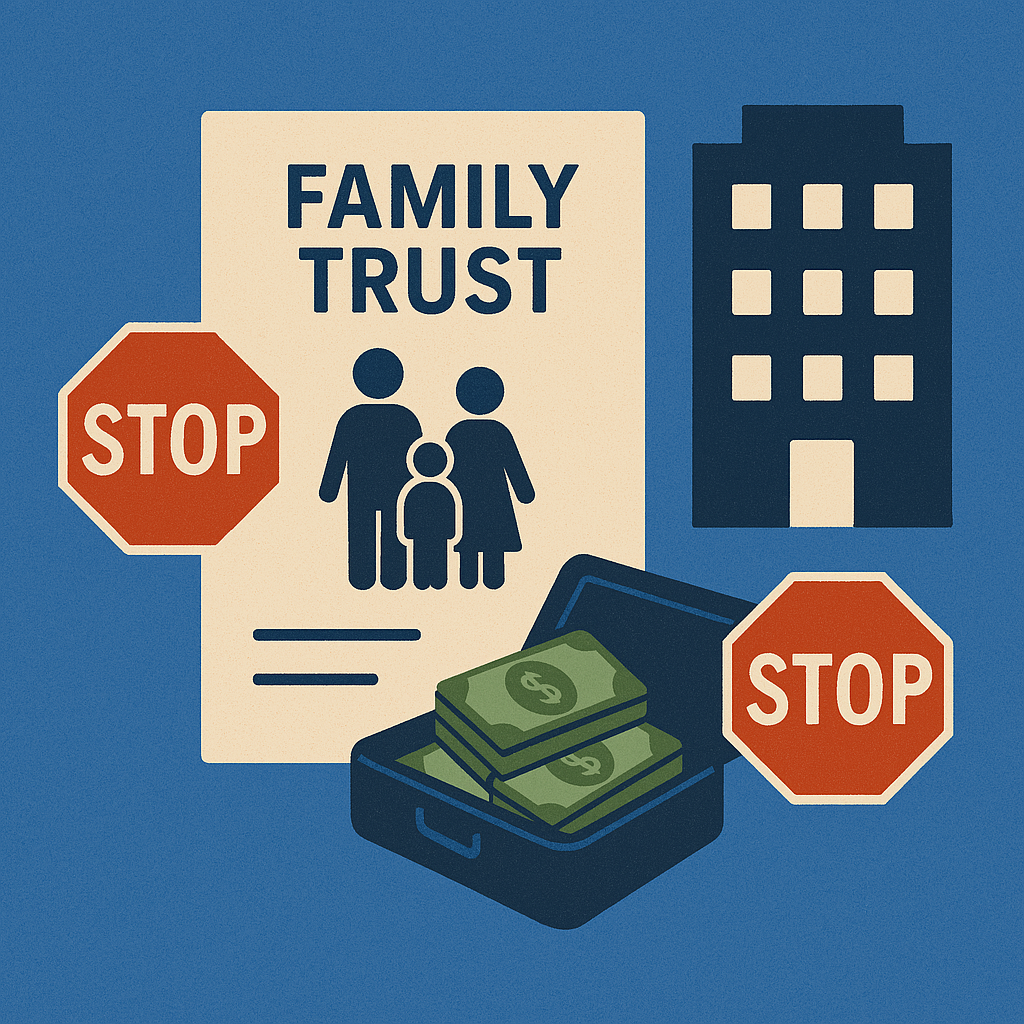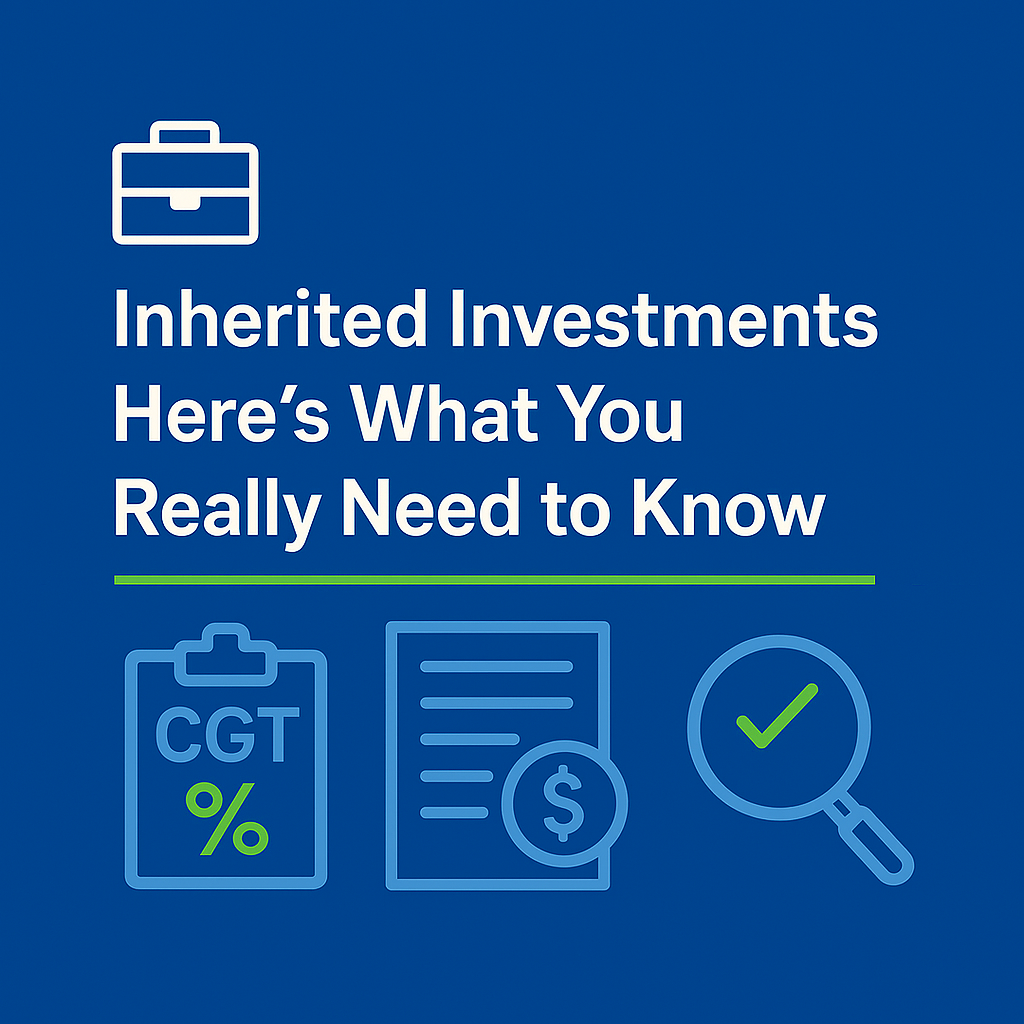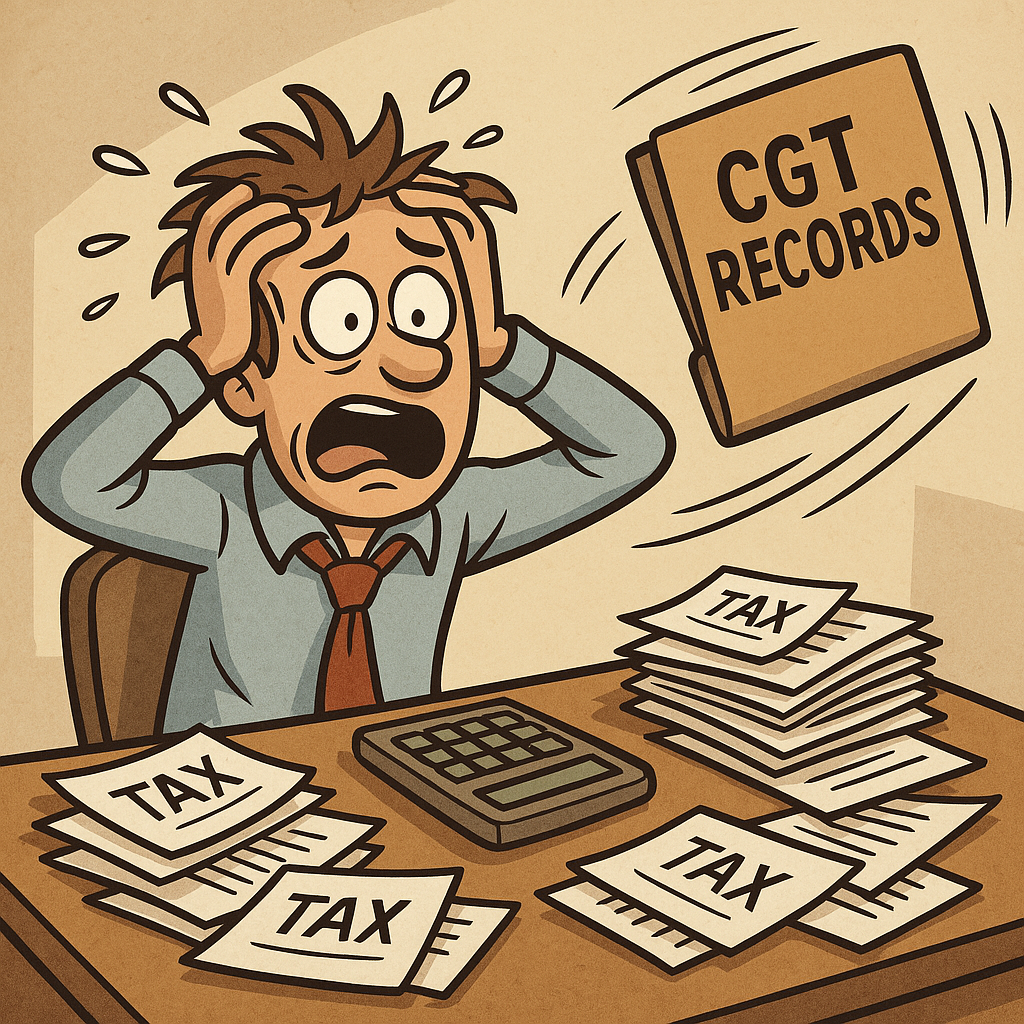Accommodation Sharing and Tax
The ATO has reminded taxpayers around their sharing economy tax obligations when providing accommodation.
The sharing economy provides a great opportunity for individuals with spare rooms or spare entire properties to rent out space and earn rental income using facilitators such as Airbnb. Indeed, approximately 2.1 million individuals reported rental income of $42 billion in the past financial year.
This comes as the ATO announces a new data-matching program specifically targeting around 190,000 taxpayers receiving income from short-term rentals. The ATO said it would examine the information provided by online platforms like Airbnb to identify taxpayers who had left out rental income and over-claimed deductions.
If you are renting out rooms of your home, or indeed entire properties – whether via Airbnb or another facilitator, or indeed just privately – there are many tax issues to be aware of:
Rental Income
This will need to be declared in your tax return, irrespective of whether you rent out a room or an entire property, and irrespective of whether this is your main source of income.
Rental Expenses
Expenses associated with renting out your property can be claimed as a tax deduction. However, there can be a number of complexities. Expenses directly associated with the rented area are deductible in full, while expenses that relate to shared areas (i.e. areas that you as the host may share with renters), must be apportioned. Expenses that relate to the host’s private area only are not deductible.
Expenses include claims for depreciation and also capital works deductions (i.e. depreciation on the building structure). Expert advice should be sought as this is a complex area, with significant deductions potentially in play.
Capital Gains Tax
Broadly, the sale of your main residence is free from Capital Gains Tax (CGT) when you sell it, where it was the main residence for the entire time you owned it, and it was not used to produce income. However, if you are renting out a portion of your home, you will only be eligible for a partial main residence exemption. If you are renting out the entire home, then none of the property will enjoy the main residence exemption for that period. Exceptions however apply, including the ability to rent out your home for six-years, and yet still enjoy the full CGT main residence exemption. This exemption however is subject to a number of conditions, and advice should be sought on your specific circumstances.
It is important to note that properties purchased prior to 20 September 1985 are totally exempt from CGT, irrespective of whether they are rented out.
Goods and Services Tax
Income from renting out part or all of a residential property is typically “input-taxed”. This means that you should not charge GST on the rent that you earn from guests. Conversely, you cannot claim GST credits credits for any rental expenses that you incur, but you are entitled to claim the GST-inclusive amount of any rental expenses as a tax deduction. All told, there is no requirement to register for GST on account of your rental property alone.
Take-Home Message
The number of people renting out their house or part of their house has exploded in recent times, due in large part to facilitators such as Airbnb. While this is a great avenue for earning essentially passive income, there are a number of tax issues that landlords need to be across.
If you would like to discuss any aspect of tax around accommodation-sharing or rental properties more generally, contact us.











